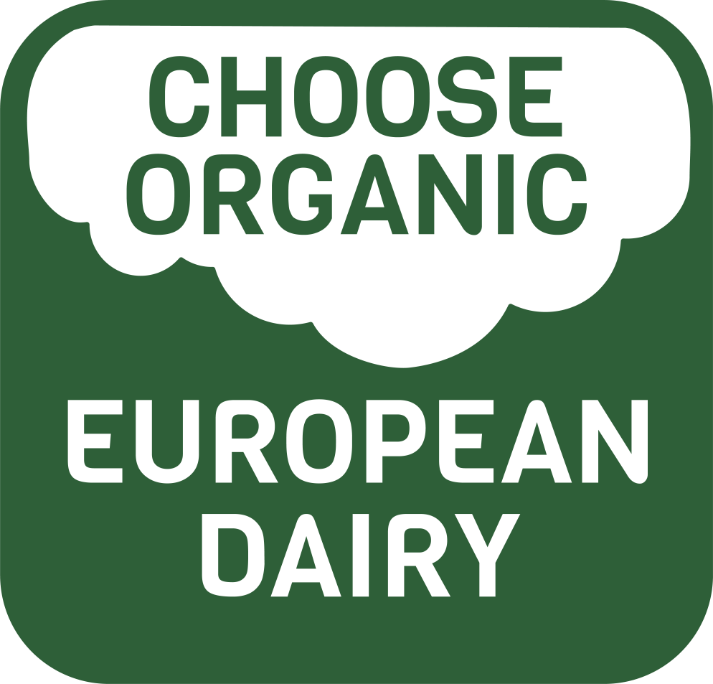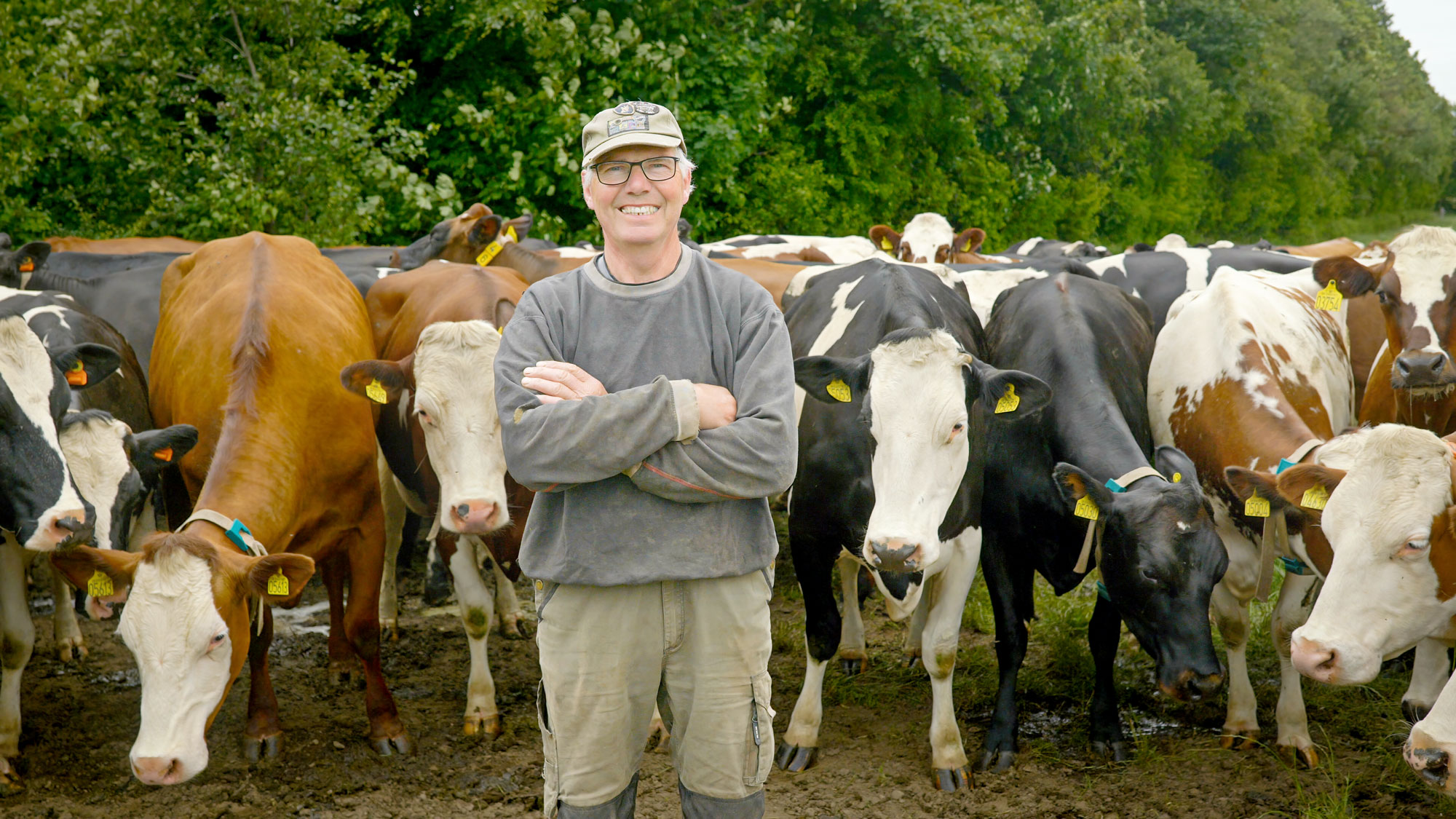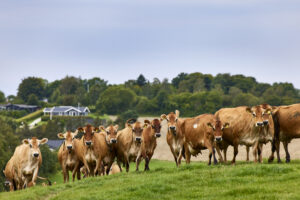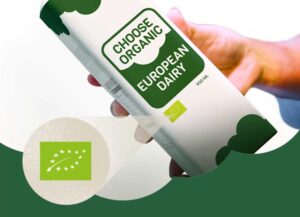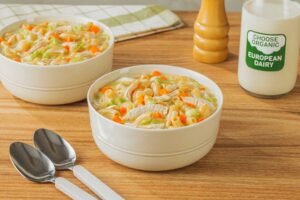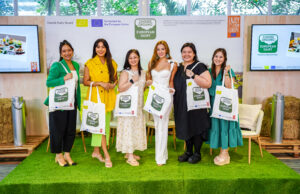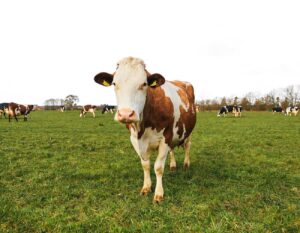For some people, breakfast is never complete without milk, cheese, or butter. But did you know that dairy’s role extends beyond the breakfast table? In 2016, the dairy industry signed the Dairy Declaration of Rotterdam, committing to provide safe and nutritious food for all by aligning their practices with the United Nations’ Sustainable Development Goals (SDGs).
Dairy products play a key role in a sustainable diet, as they offer numerous nutritional benefits.
What is sustainable nutrition?
Sustainable nutrition entails providing people with essential nourishment without depleting Earth’s natural resources. It also needs to be readily available and economically accessible to encourage a healthy diet both now and in the future.
Dairy products play a significant role in sustainable nutrition due to their high nutrition content, including protein, calcium, phosphorus, as well as essential vitamins such as B2 and B12. To attain sustainable nutrition, organic dairy farms must embrace sustainable practices that prioritize the environment and the welfare of animals.
Greener pastures
Sustainable dairy farming isn’t just about tilling the soil. It’s all about ensuring that all processes are geared towards fighting climate change and reducing the industry’s carbon footprint. The dairy sector may not be perfect, and there is still much work to be done to achieve a sustainable future. But in the meantime, farms make a significant impact by:
- Producing feed locally, as opposed to importing it over long distances, to cut down on carbon footprint
- Optimizing a cow’s feed with precise amounts of protein and milk to reduce the cow’s burps, farts, and greenhouse gas emitted through manure
- Embracing renewable energy sources like solar and biogas derived from animal manure to reduce emissions
- Raising the bar in animal welfare standards, which involves creating conditions that allow for natural behaviors, ensuring farm animals live happily and, more importantly, healthily.
A naturally good European example: the Danish way
Denmark is a small country with a significant impact on sustainable food production. From its pioneering work in organic farming to its innovative approaches to dairy farming, Denmark helps Europe lead the way in creating a more sustainable future for food.
- he UN’s 17 SDGs guide Denmark in developing leading food production practices that will ultimately help end hunger, ensure food security, combat climate change, and foster global partnerships to realize a sustainable future.
- Danish organic farmers produce wholesome food with a deep sense of responsibility for the environment, people, and animals. They undergo rigorous training for up to 5 years, working closely with specialists and researchers to become genuine experts in organic raw material production.
- Danish organic farmers place a strong emphasis on sustainability, meticulously implementing best practices in key areas such as the environment, biodiversity, animal welfare, labor conditions, quality of life, and water management, among others.
- Danish dairy farms are committed to reducing greenhouse gas emissions from their own operations. To ensure progress and accountability, companies provide their farmer owners with free climate checks to evaluate current practices, identify challenges, offer suggestions for improvement, and learn from successful initiatives.
